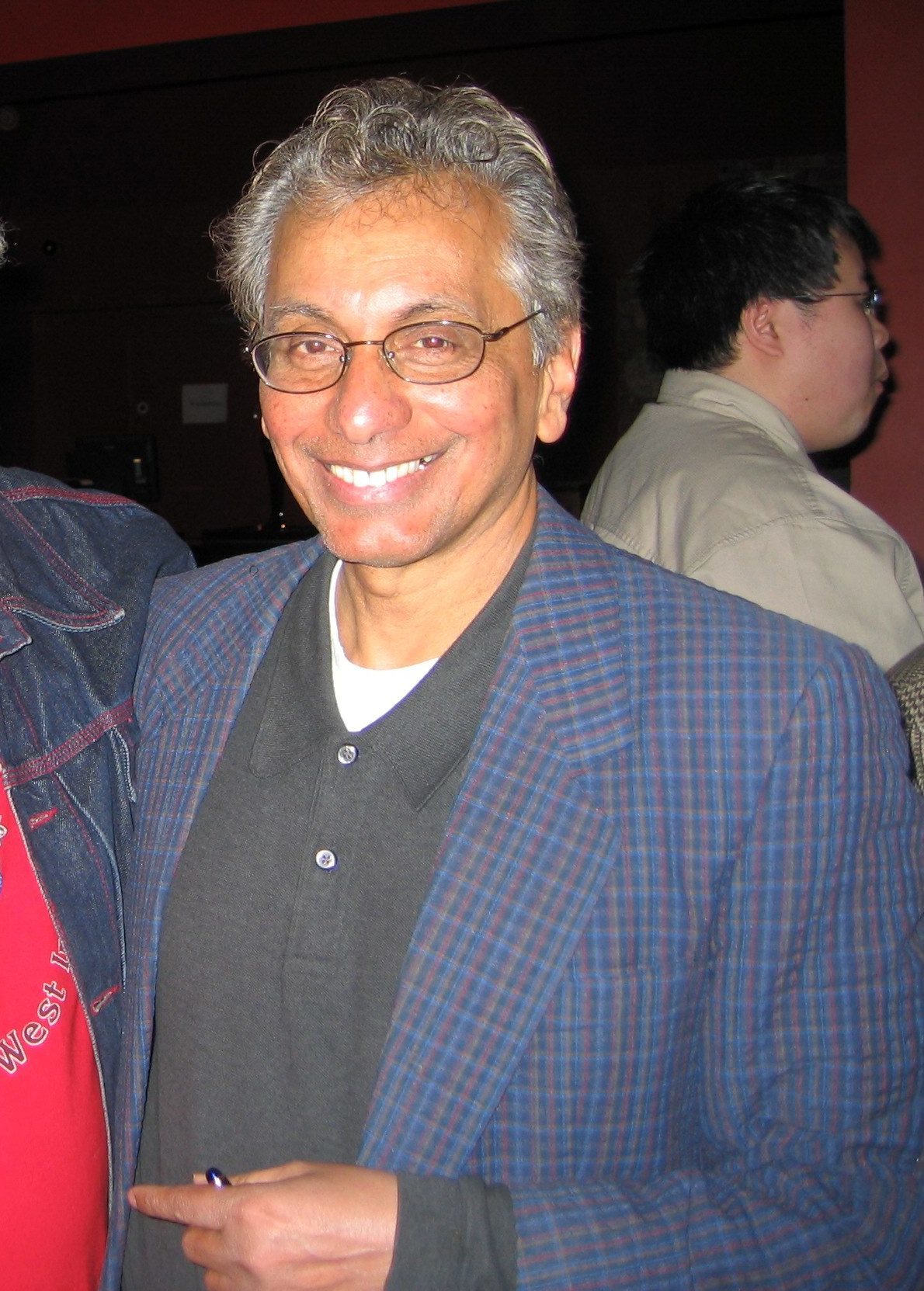Literary Page: Lost People

Flash fiction by Cyril Dabydeen
“So where do you come from?” he asks. “Where?” I answer. Some nerve he has, this man accosting me here at the busy shopping mall on St Laurent Avenue. Gimmicky he is, with his immigrant’s instinct. Ah, origins in our quest; and from Ethiopia or Somalia he seems. Now where does he mark out a place for me? Canadian, eh? I humour him.
Where are you really from?
Swarthy-complexioned this man is, in his forties, slim-built. Parlaying, in a manner of speaking, if only reconnoitering space; and he genuinely wants to know if I’m a stranger–not a stager?
“You do know where I come from?” I say, in my immigrant play-along. He demurs, with his south-Saharan pride. But we’re here now in the North. Oceans…Indian or Pacific, if not the Atlantic; and somewhere is the Cape of Good Hope with Vasco da Gama, not Christopher Columbus. Explorers being “discoverers.”
Where are you really from?
An island-archipelago with St Lucia, Jamaica, Trinidad, coastal Guyana also in my ken. French-speaking Haiti, Guadeloupe, and Martinique next. Then Spanish-speaking Puerto Rico, Cuba. Bearded Fidel Castro with umbrella in hand in the stark sunshine—like the ghost of memory. Prime Minister Justin Trudeau somewhere in the midst?
But this African this man with his special heft—with Djibouti, Nigeria and Kenya close by. West Africa too, where the slave-trade commenced about two centuries ago, and what the West Indies sugar plantations were linked to. But we’re now at a posh shopping-mall with Dollar Stores, grocery stores, and myriad shoe and fashion clothing outlets. People maundering along. Who wants a new identity? Somewhere else in my ken is Ghana’s Elmina Castle: a slave-dungeon, ah! History, sure.
“You’re not from India, are you?”
“Oh?” I snap.
Then, “You’re not who you think you are.” He muses on about me.
Who’s really exotic these days? I call him Mohammed like a moniker—as he mumbles something else to me. Not Muslim-sounding?
And people being removed from their places of origin, but with ancestry intact. How really religious? We keep breaking down barriers—as this man brings more of sub-Saharan Africa to me, including the fossil-boned Mother-woman named Lucy I know from general anthropology. He laughs. Mimicry, sort of.
Everyone else here at the shopping mall also laughing.
Our being in this capital Canadian city with our own “idea of the North” compounding our immigrant selves. Then, “See, you’re really the lost people!”
“Lost from where?”
“From your original homeland.”
Mohammed, indeed with a sense of past civilizations from the time of the Pharaohs, and pyramids built by the Nubians in history-laden North Africa. His eyes I look at, on his thinly-lined face. I keep denying being lost; I never was. Passers-by look at us—people of different hue or ethnicity. Race-markers, you bet.
Days, weeks, months or years gone, miraculously. I regain my composure, thinking of what’s lost and will not be found again.
Inexorably I keep moving from one place to the next. As Mohammed is still with his guile or gumption—about my being of the “lost people”. More shoppers, passersby I look at, those clutching bags, in their multicultural walkabout. And yes, I keep being in my own determined place—here, nowhere else!
Flash fiction is becoming popular now in literary circles. I was on a panel about it at the University of Vienna about two years ago. This piece was first published in a UK magazine named CONFLUENCES at about 900 words. I chopped it down for IMAGE. — CD